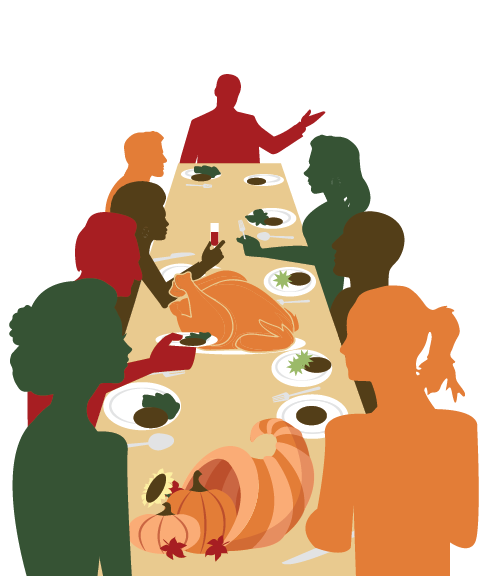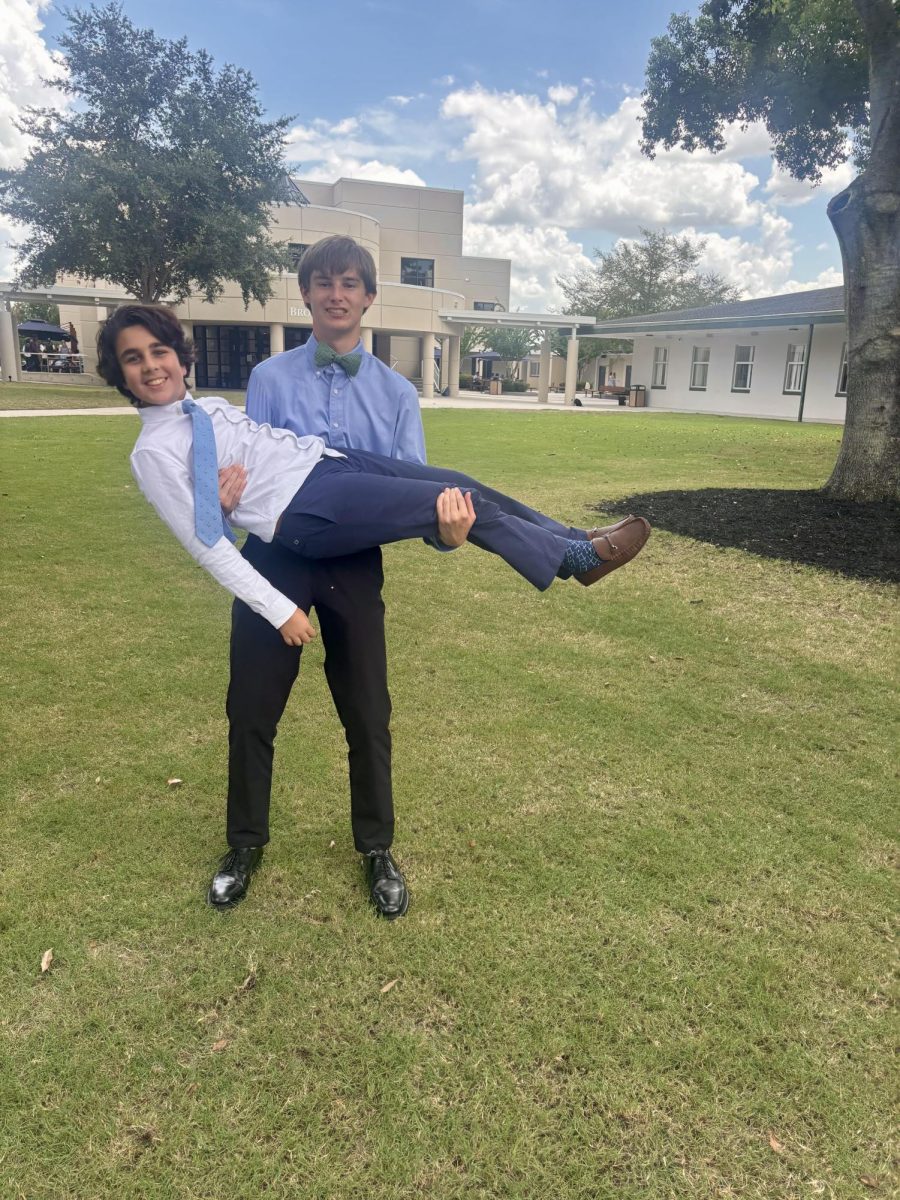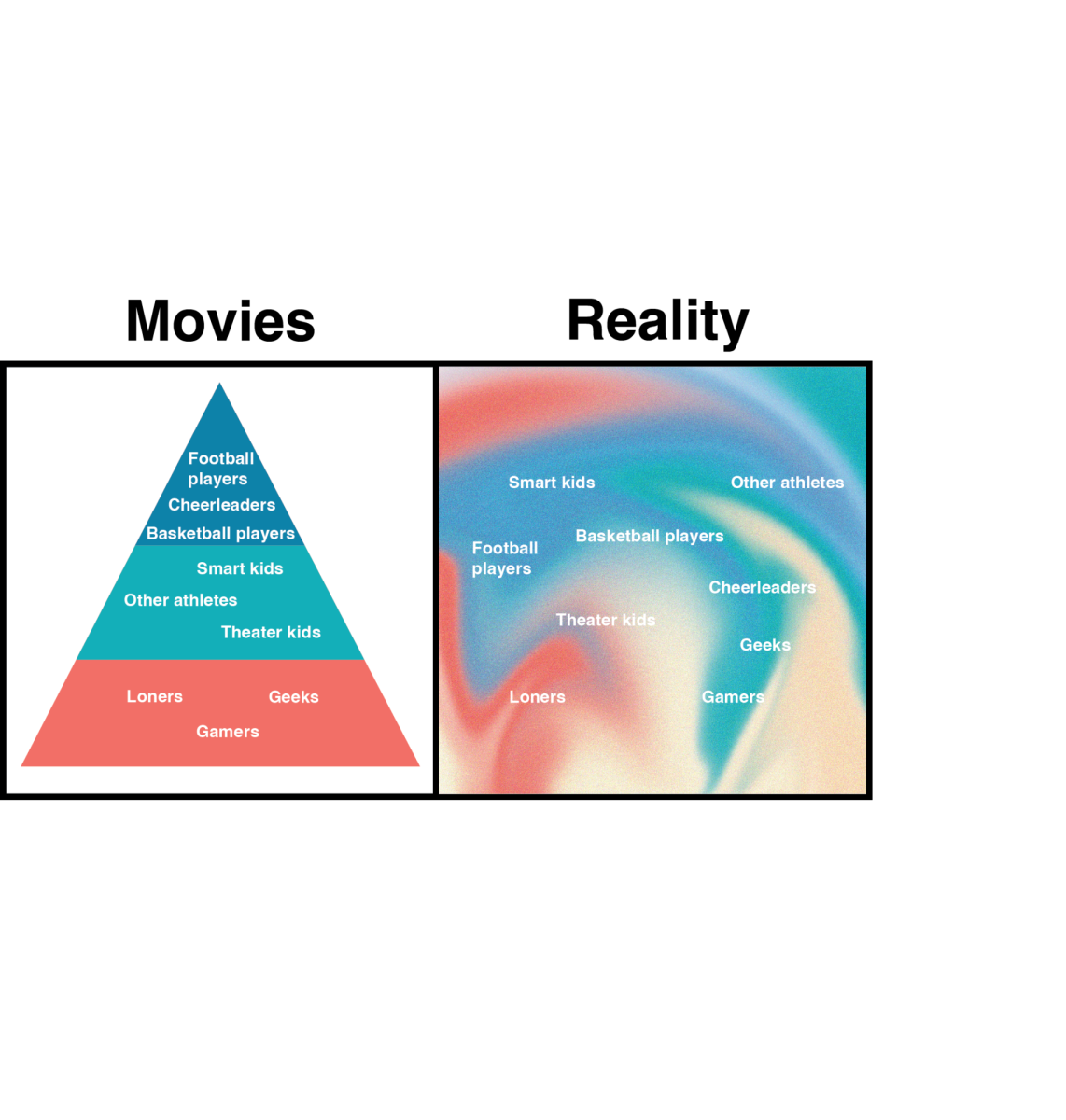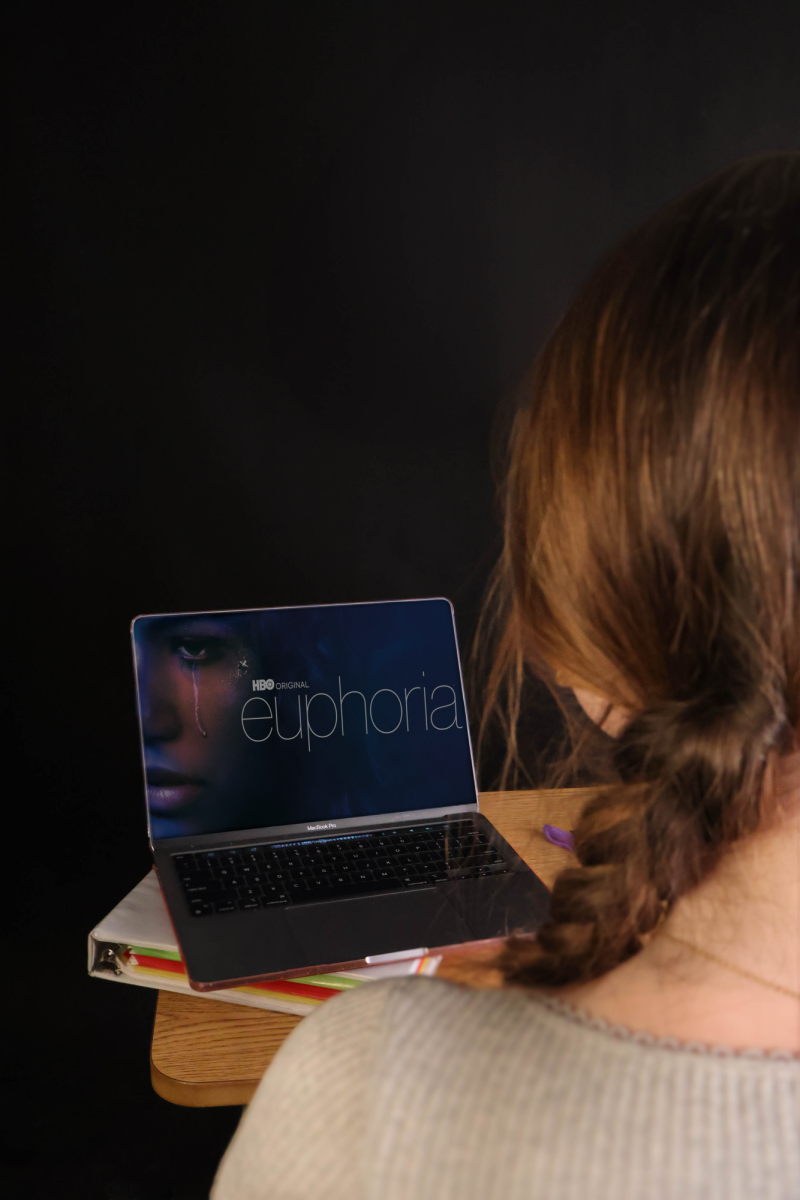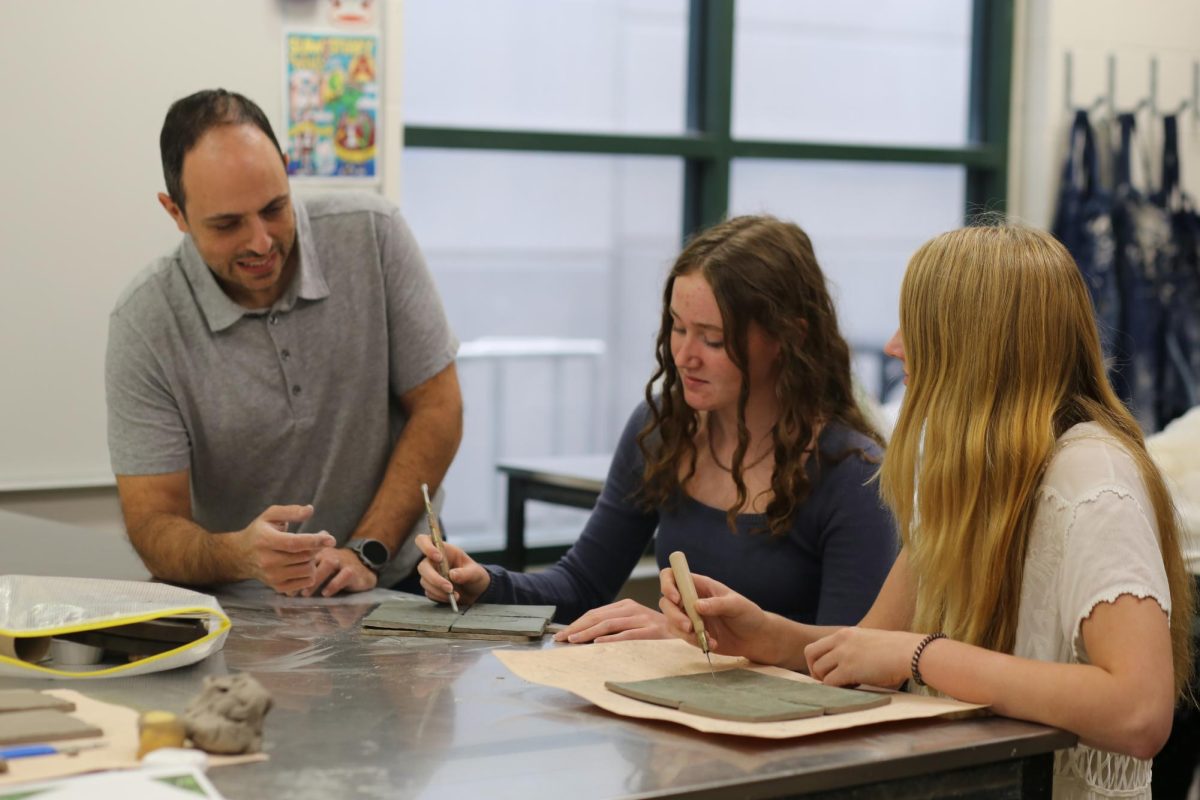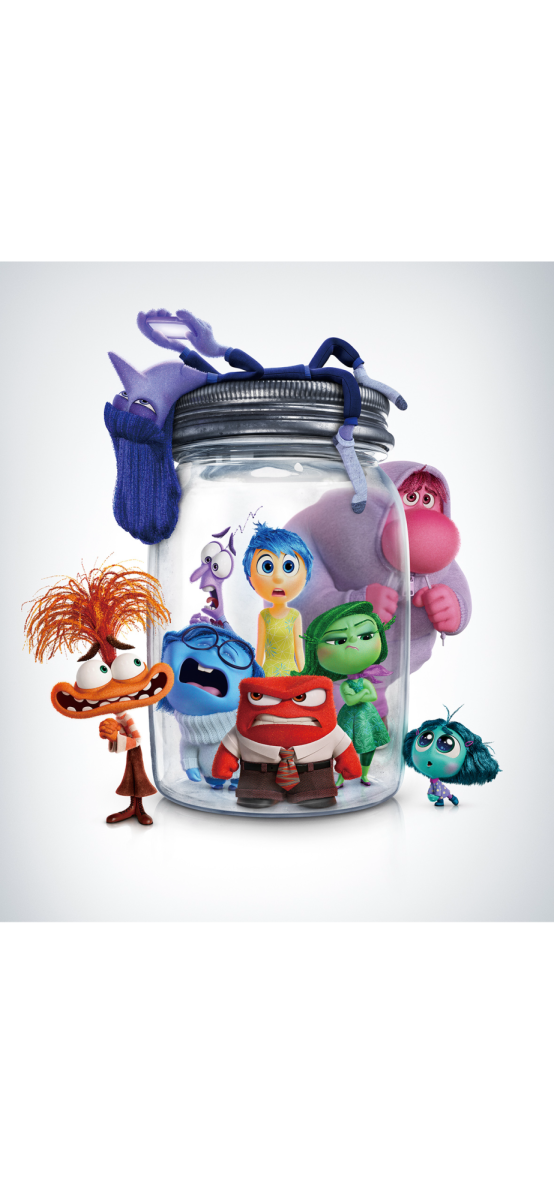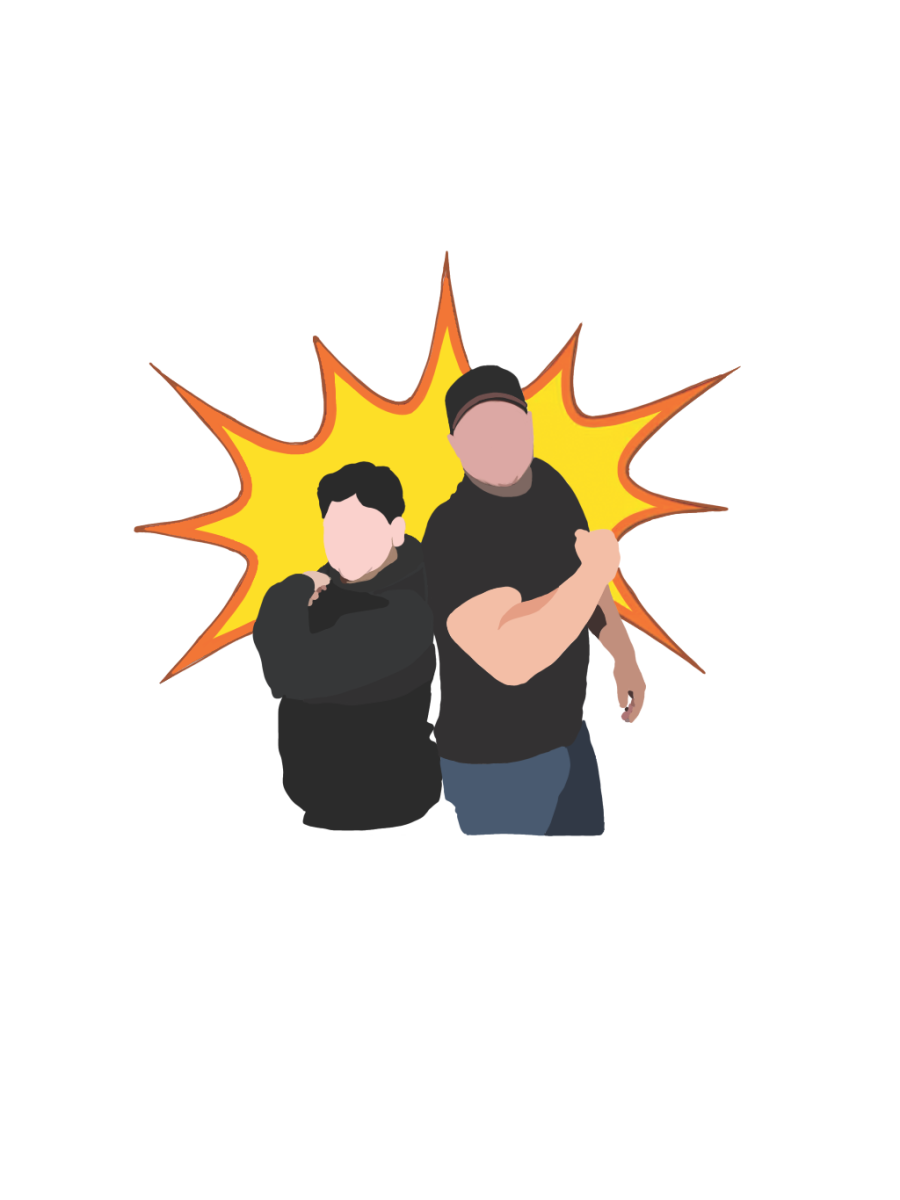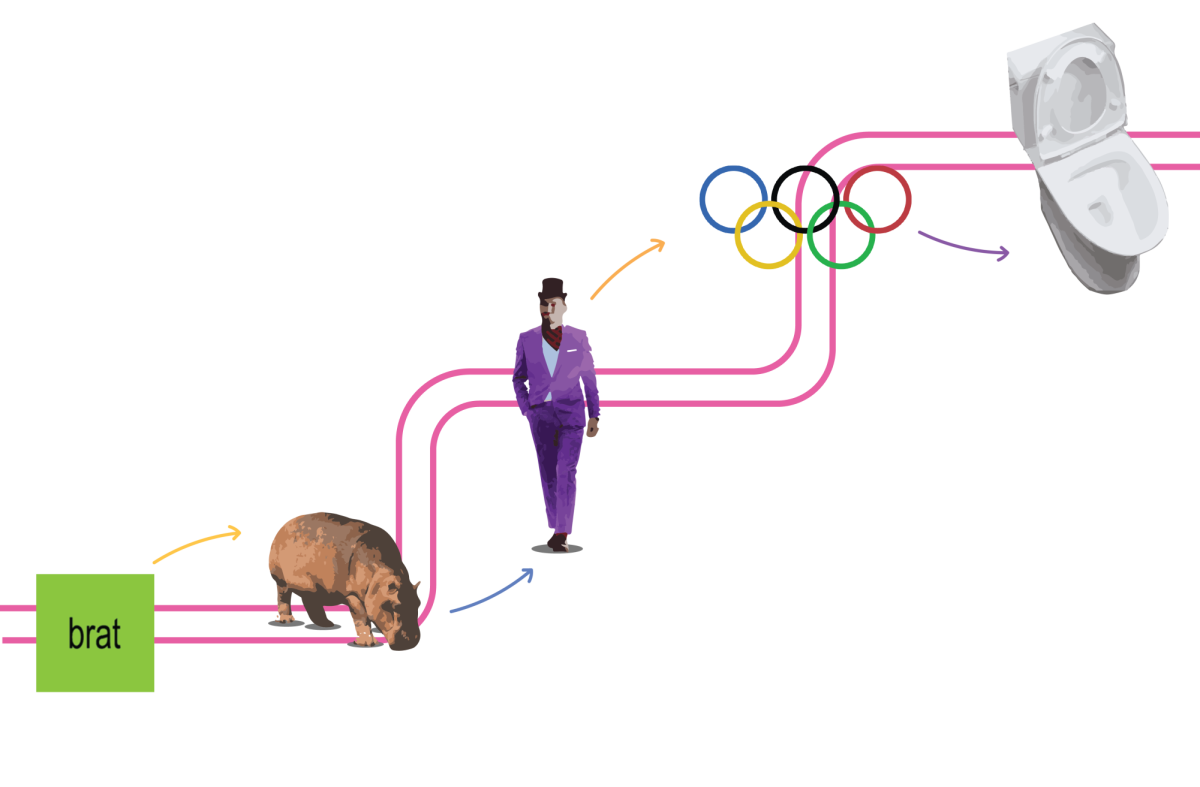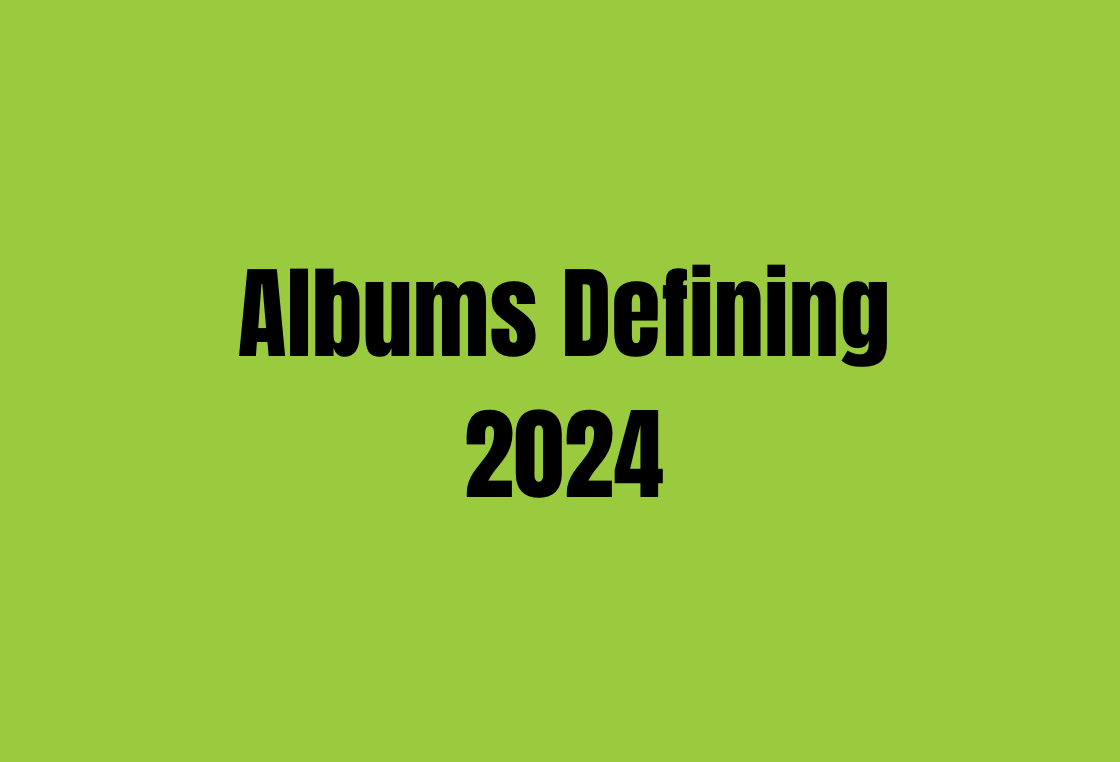Once a year, everyone sits down at a table with their entire family around a turkey to eat dinner to celebrate the harvest of the Pilgrims in 1621 with the Wampanoags, but 400 years later everything has changed. A new take on Thanksgiving has risen by the name Friendsgiving, and it has made a never-before-seen change to the holiday season.
To understand the evolution of the event Friendsgiving, it is important to understand that the term ‘Friendsgiving’ is relatively recent. The earliest print uses of [Friendsgiving] were found as far back as 2007, but it really started picking up traction in 2012 due to various TV show advertisements.
The name Friendsgiving is a mashup of “friends” and “Thanksgiving,” and the main idea behind it is to make a way to spend an evening with the holiday’s classic dishes, but with your close friends.
There isn’t a strict set of guidelines surrounding the event, which is exactly why the idea has become a lot more casual and catered towards the modern generation. Moreover, the event of Friendsgiving started to gain popularity in the first place on social media, which has an overwhelming young audience that has persuaded many to start the event.
Senior Elizabeth Driscoll attests to this, saying that she first learned of Friendsgiving through social media, specifically on Instagram, and wanted to replicate the experience for herself and her friends.
Thanks in part to the push from social media, Friendsgiving seems to have evolved in recent years not just as a modern Thanksgiving replacement, but also as a widely celebrated American holiday in its own right, one that’s exclusively for friends.
This could be attributed to the fact that people often find themselves far away from family on the holiday, but the root cultural shifts or forces that have led to the rise of Friendsgiving are ambiguous.
As a result, people celebrate Friendsgiving for a variety of reasons, and all of them take different renditions of the event itself. Some people celebrate as a more formal event that closely resembles Thanksgiving, but some make it more like a casual style party.
“Originally, we planned to have a potluck and bring food, but it [Friendsgiving] almost turned into a party,” Junior Sarah Bachrach, who hosted a Friendsgiving last year, said. “Everyone was just conversing and just enjoying themselves, and it turned out to be great.”
However, this focus towards having a less traditional version of Thanksgiving has also generated hate, with some saying it over does the original event.
English teacher Georgia Parker, who also hosts Friendsgivings at her house, disagrees with this.
“I think it’s good to celebrate friends and the people that support you that might not be your relatives,” Parker said. “Anything that brings people together and gives an opportunity to show that you care and are thankful for each other is a good thing, whether it has a label of ‘Friendsgiving’ or not.”




